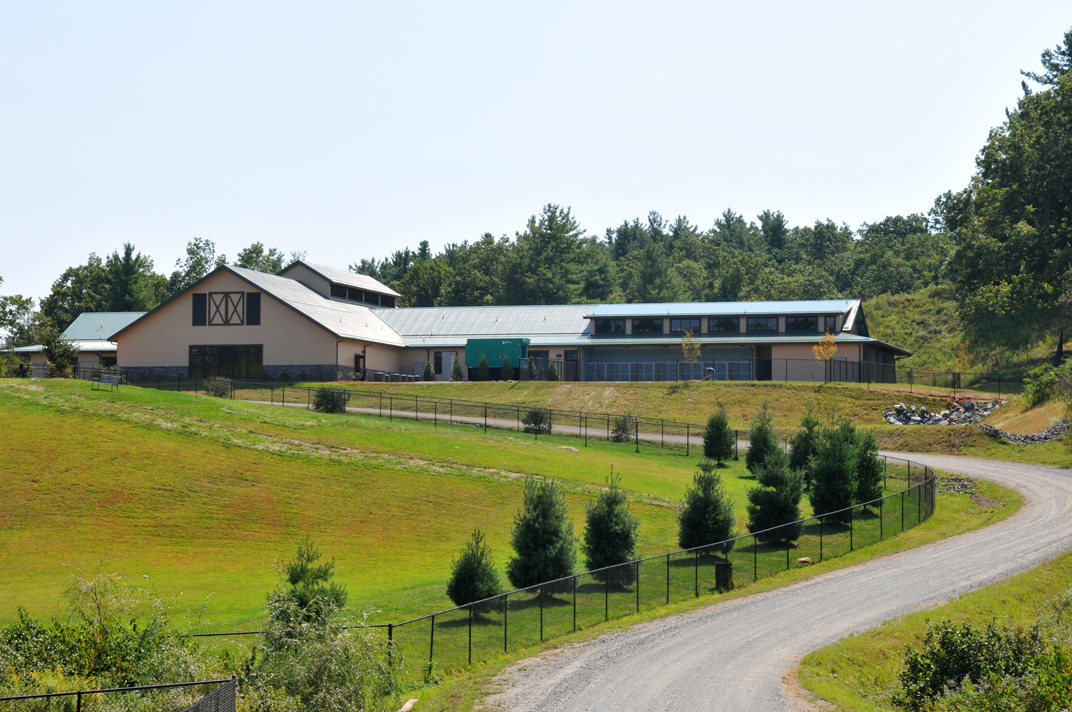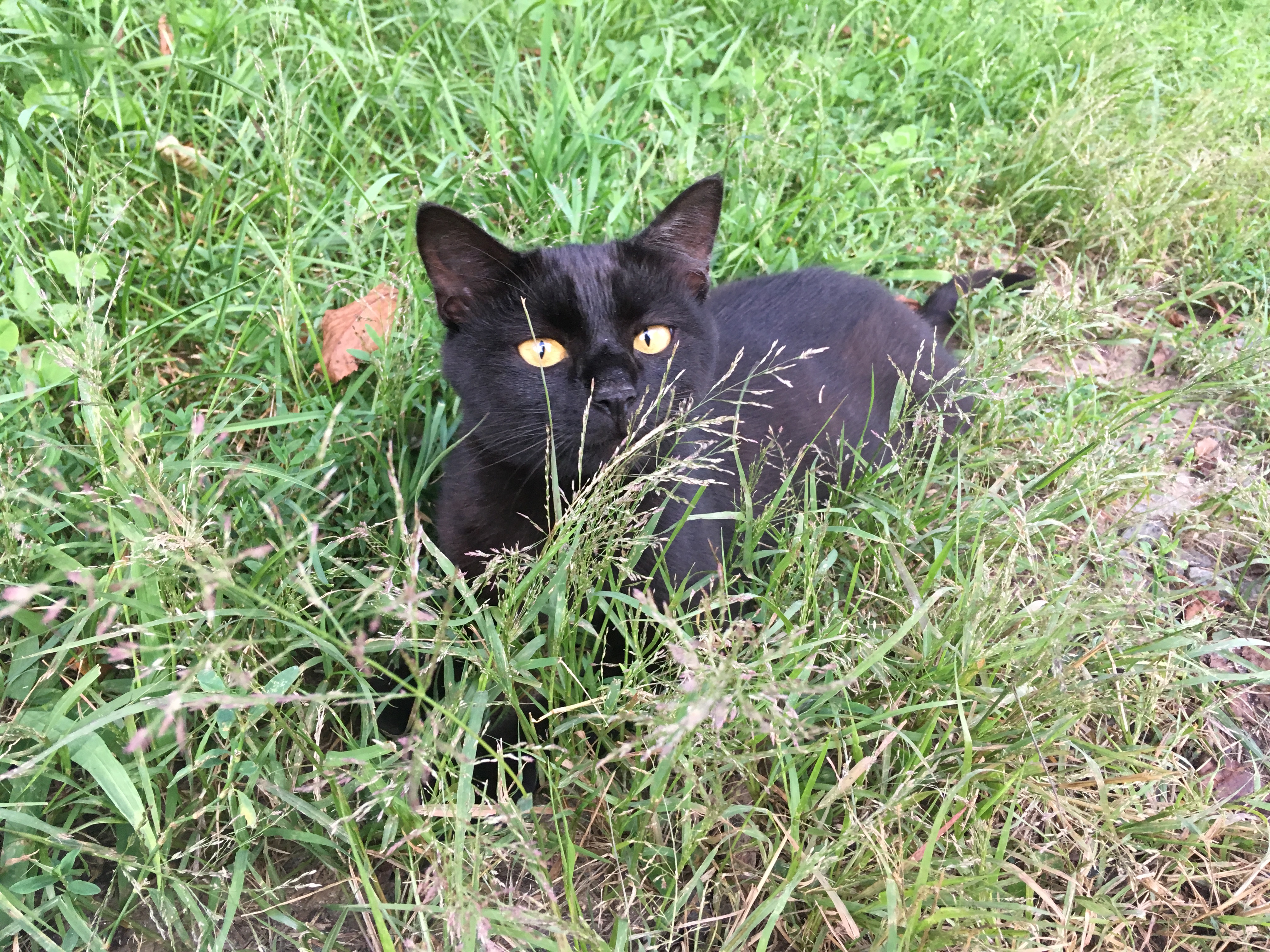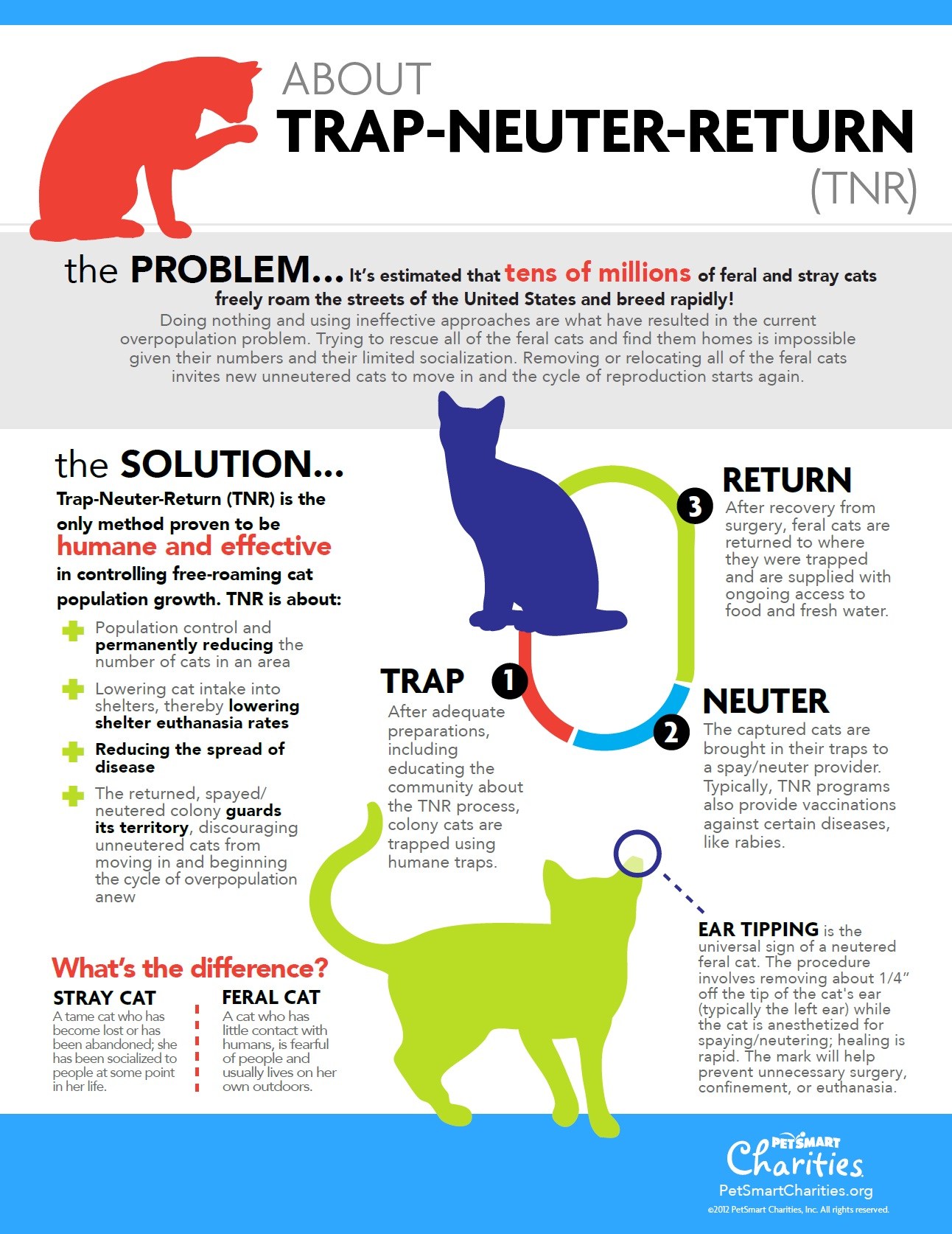Community Cat Network

Community cats are unowned felines that live in the community. Community cats can be:
Feral - Wild born cats with little to no human socialization. Feral cats are afraid of humans and will keep their distance, much like other wild animals. They hunt and scavenge for food, but with a regular caretaker, feral cats may develop a relationship and become more "semi-feral".
Semi-Feral - Wild born cats with some human socialization. Semi-feral cats are more comfortable approaching humans, especially those that offer regular feeding. With time, semi-feral cats may become friendly community cats, choosing to rub against their humans or come indoors much like a socialized pet cat.
Strays - Stray cats are lost or abandoned pet cats. These cats are generally friendly in nature due to previous human socialization.

So how does WHS help these community cats?
Trap-Neuter-Return (TNR) Program is a humane solution to manage community cat populations. This process involves humanely trapping, observing medically, sterilizing, vaccinating for rabies, and then being returned to its home territory. In the long term, TNR has proven to lower community cat numbers more effectively, and is more humane, than the trap-and-kill method.
TNR reduces shelter admissions and operating costs. Also, fewer community cats in shelters increases shelter adoption rates, as more cage space opens up for adoptable cats.
- These programs create safer communities and promote public health by reducing the number of unvaccinated cats.
- TNR programs improve the lives of free-roaming cats. When males are neutered, they are no longer compelled to maintain a large territory or fight over mates, and females are no longer forced to endure the physical and mental demands of giving birth and fending for their young.
- Sterilizing community cats reduces or even eliminates the behaviors that can lead to nuisance complaints.
Through our volunteer program SNIPS (Spay/Neuter Is a Positive Solution), we have been able to work with property owners to spay/neuter community cats through the TNR program at drastically reduced costs.
If you have a Community Cat or colony in need, please contact us during our hours of operations to speak with our Intake Coordinator. Feral cat intakes are by appointment only.
Barn Cat Program

When TNR is not an option for community cats, our second option is to find a new home! Through our Barn Cat program we help place feral and semi-feral cats, or cats that are not consistent with using the litterbox, on to properties seeking a natural alternative to pest control*. Barn cats are a great way to keep rodents, bugs, and snakes at bay, without risking accidental poisoning of farm animals, pets, or children.
When adopting a Barn Cat, we advise getting a minimum of two for placement on the same property at the same time. This helps the cats adjust better and encourage them to stay. Barn Cats should be confined for at 2-4 weeks while they get to know their new home. If you are interested in adopting a Barn Cat, please fill out the online application!
Adopting a Barn Cat is just $25 which helps cover the costs of their surgery, rabies vaccination, and ear tip! Please contact us at (828) 264-7865 to learn more.
*Cats that are suitable for adoption as house pets, or kittens under 6 months old, are NOT placed through our Barn Cat program.
